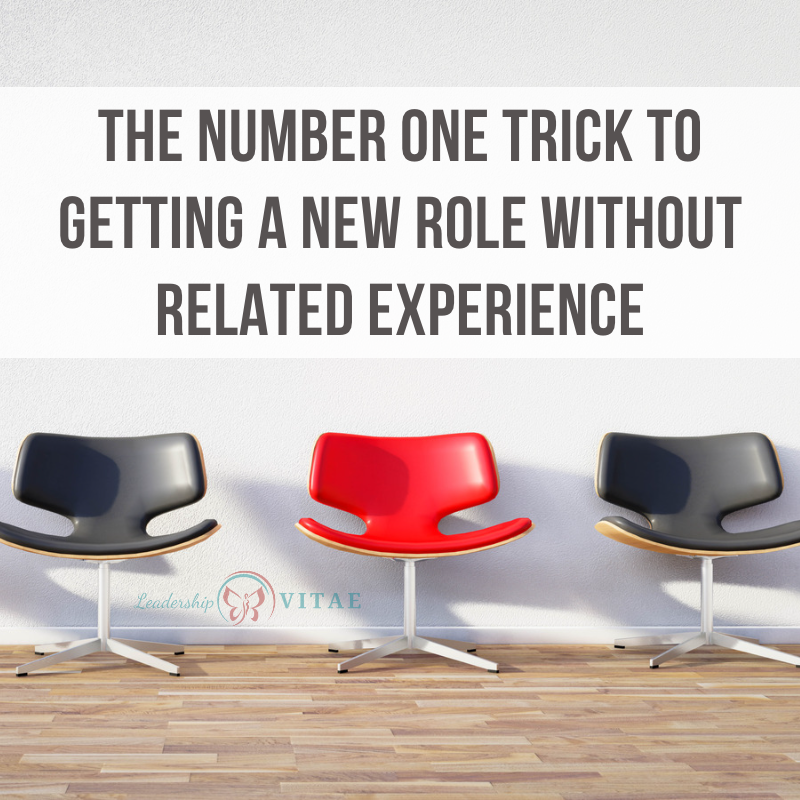
Recently I was talking with a client who wanted to break into a new area. She is an analyst and wants to move into a product owner role. She has relevant experience but keeps losing out to other internal candidates. In many roles, the eventual candidates are no more experienced than she is. What can she do?
First, let’s consider the mindset of hiring managers. Every time we add someone new to our team, we are taking a risk. While the interview process may seem lengthy and cumbersome on both sides of the table, it’s still not a lot of time to confidently know someone will be a good fit.
Managers often look for ways to mitigate that risk using established hiring approaches.
Mitigating risk in hiring
A common risk mitigation is to promote someone within the team. In truth, this is a great practice because it signals that they invest in their people vs continually bringing in outsiders. Otherwise, the team may think they have to leave to get new opportunities.
Another method is to hire someone already in the company. They have a known performance history and there are other managers that know the quality of their work. Again, a solid approach as it promotes mobility within a company.
Finally, when hiring from outside, they may look for those with referrals or connections to people and companies that are familiar. Those with jobs that align closest with the role being filled.
Given the desire to limit risk, hiring an unknown for a new capability may seem like a long shot. Maybe so, but there is one thing we can do when we are pursuing something new.
Competing as unknown and untested
If we are both unknown and untested, there is only one of those we can address until we get into the job we want. Become known.
While knowing the right people at the right time matters, there’s one thing that must happen first. The most important part of becoming known is establishing what we want to be known FOR.
I have walked into untested roles many times in my career. There was no application because someone else put my name in for the opportunity. Honestly, I never would have applied because I would have assumed that I didn’t have the experience the hiring manager needed for the role.
Yet I still got hired. Why? Because of what I was known FOR.
When we don’t yet have experience in a particular area, what will get us the job is what differentiates us. Having something the hiring manager needs as much or more than the specific experience for the role.
Going beyond our brand
What we’re known for goes beyond our brand. This is about what we do well that transcends a specific industry, team, or role. Maybe we see details others don’t. Invest in our co-workers to increase the overall effectiveness of the team.
Knowing the value we bring beyond our specific industry and role is what differentiates us when being considered for new opportunities.
What I perceived as my biggest jump was when I moved into my first data role. I didn’t know data and would not have put myself forward for the opportunity. Fortunately, the right person at the right time heard the kind of person they were looking for and gave my name.
Turns out, the organization had plenty of data people. What they didn’t have was people that knew how to build teams and turn strategy and vision into roadmaps and delivery. The hiring manager needed what I brought beyond a particular technology, industry, or knowledge area.
Know yourself to be known
If we want to move into anything new, the first step is to know ourselves. What do we do that stands out? What’s different about us from others in our field, industry, or role?
My client is an advocate. She has changed fields, companies, and roles several times over the last few years. In every case, she listens for what’s working and what isn’t and volunteers to make things better. She advocates for what the team needs to be engaged, empowered, and effective.
Advocacy is a huge benefit in a product owner role, even if she doesn’t have exact experience. Product owners are supposed to advocate for their customers and their teams. It’s a skill she possesses that others can attest to.
By engaging with her network, and highlighting her advocacy work in conversations with them (and in her resume), she can be top of mind when such opportunities arise.
When we effectively differentiate ourselves and understand how our gifts can benefit a team or role, we are more likely to be considered. Even if we don’t have an exact skill match. Often, there are parts of a job we can learn. The things that differentiate us usually take a lot longer and/or are the gift of HOW we do our work. Those are a lot harder to find or teach.
Have you made a career change? What advice would you give to someone else who is trying to make the jump? Please share your thoughts in the comments to help others on their journeys.








